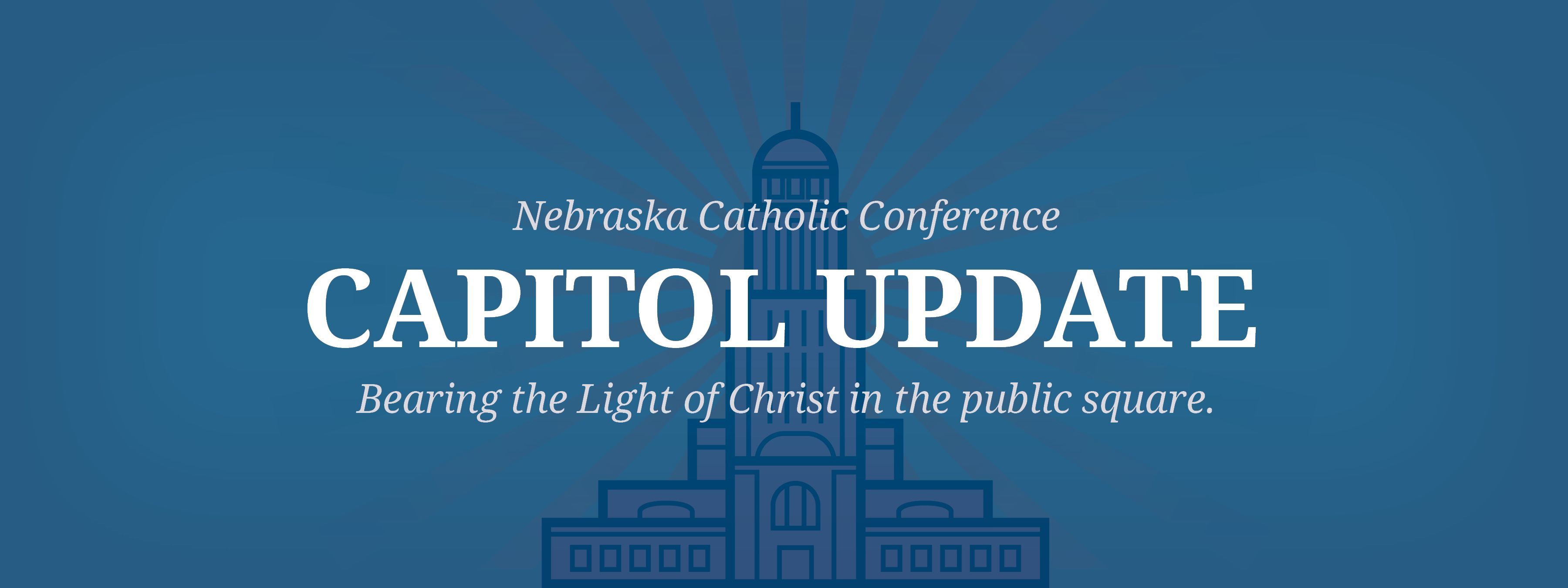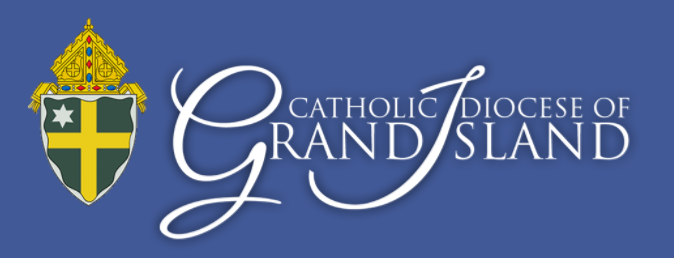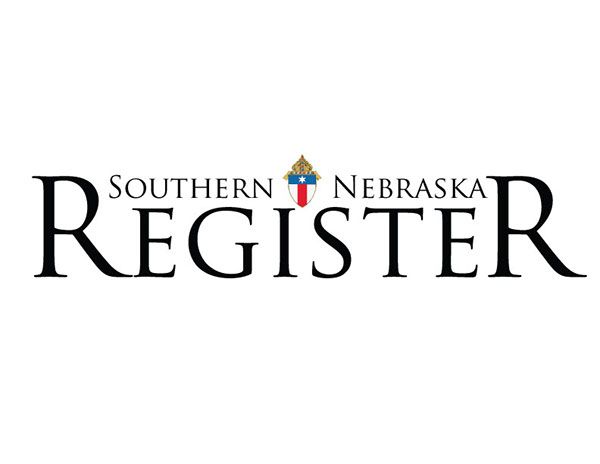Friday, 13 October 2017 -
This year’s Respect Life Program theme, “Be Not Afraid,” was recently announced. The Respect Life Program’s purpose is to “help Catholics understand, value, and become engaged with supporting the God-given dignity of every person—which naturally leads to protecting the gift of every person’s life.” As previously stated, my October columns are dedicated to the theme “Be Not Afraid.” This column focuses on protecting the human dignity of those nearing death.
In Robert Bolt’s famous play about St. Thomas More, A Man for All Seasons, More attempts to console his daughter, Margaret, before his death, stating: “Death comes for us all; even at our birth—even at our birth, death does but stand aside a little. And every day he looks toward us and muses somewhat to himself whether that day or the next he will draw nigh. It is the law of nature, and the will of God.”
More’s words echo the universally accepted reality about life: death is always imminent. This truth is pivotal to a sound Christian spiritually, especially as regards the last four things that we must prayerfully (and regularly) ponder: death, judgment, heaven, and hell.
While death awaits each of us, our faith invites us to something beautiful regarding death. Our faith calls us to attentively, patiently, and charitably await death with those who are most near death (e.g., the terminally ill). This helps bring about true “death with dignity” (to steal a phrase verbally engineered by the assisted suicide movement).
Though there are numerous ways to accompany our loved ones at the end of their earthly exile, this column focuses on a few ways with societal and policy implications.
Forming Our Conscience. We are called to properly form our conscience and instruct the conscience of others, which includes formation on end-of-life medical treatment decision making.
As people of reason and faith, our Lord has given us the capacity to understand our human dignity, beings created in His image and likeness. This reality entails moral responsibilities.
Among these responsibilities is being educated about ethical principles for end-of-life healthcare treatment decisions. I have previously written on this topic (“Baby Charlie and Ethical Healthcare Decision making,” July 21, 2017).
Notably, the Nebraska Catholic Conference offers a presentation on “Making Tough Medical Choices: Ethical Principles for Medical Treatment Decision Making.” If you are interested in having this presentation at your parish, please contact Lauren Garcia (402.477.7517 or lgarcia@necatholic.org ).
Speaking with Loved Ones. It is not uncommon for those nearing death to be incapable of making their own medical decisions. In such situations, medical decisions often fall on family members or others best suited to assist healthcare professionals make medical decisions for the patient. If moral treatment options have not been previously discussed, these situations can become even more difficult. To help remedy such situations, it is important to discuss, in advance, your desired faith-guided medical and pastoral care with family members and loved ones.
Another morally responsible action is establishing a durable power of attorney or living will. This type of advanced healthcare planning allows you to establish a surrogate or make known your wishes for medical treatment decision making.
The Nebraska Catholic Conference has resources at our website (necatholicorg.presencehost.net) regarding advanced healthcare planning, including sample documents that can assist you in establishing a surrogate healthcare decision maker.
Rejecting Assisted Suicide and Euthanasia. It goes without saying, but bears repeating, that assisted suicide and euthanasia are dominant attacks against human dignity in our current culture of death. As people of faith who are passionate about personal and societal welfare, we have a high responsibility to oppose the assisted suicide movement, and affirmatively evangelize about the beauty of life (even when life is accompanied by physical and psychological suffering).
By accompanying people nearing death, we witness to the love of the Divine Physician and instill the hope of Jesus Christ Crucified, Resurrected, and Ascended. This fills the hopeless void that is present within those seeking assisted suicide and euthanasia.
Remember that the work ahead is not for the faint of heart and, for this reason, our Lord calls us to “be not afraid.” Take courage, for Jesus is with us until the end of time!
Posted on Wed, October 18, 2017 by Tom Venzor







